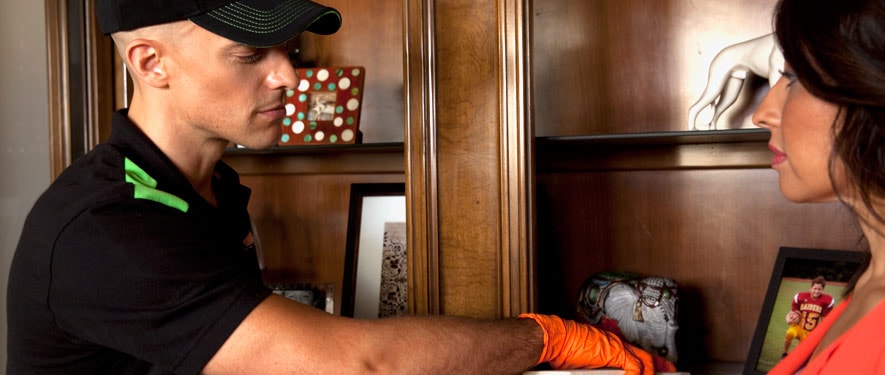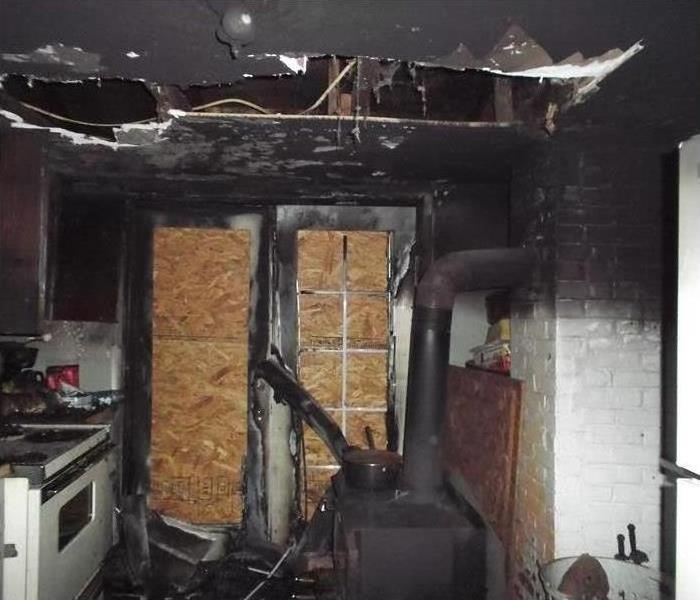
Fire Damage Emergency Tips
What you can do until help arrives
Water Tips | Fire Tips | Biohazard Tips | Mold Tips
If you've found this page, you've likely experienced a fire damage event at your home and are you're looking for next steps — you found the right place.
In the US each year there are nearly half a million structure fires reported, according to collected data and reports from the National Fire Protection Agency. From these numbers we can surmise two things: first, fire damage is more prevalent than you think; and second, fire damage is happening in neighborhoods, just like yours, all around the country.
To be sure a property fire is devastating. It quickly ravages a kitchen, rages out of control until local fire fighting authorities are able to respond and control the fire. And then there is water damage. The very thing that guarded your home from collapse is also the very thing that causes even more damage.
In this way fires are doubly offensive.
After any fire damage situation, your primary focus should be safety first. Below our team has put together tips on what next steps you should follow.
Have Smoke or Fire Damage? Call (856) 728-7350
What To Do After A Fire
- Limit movement in the home to prevent soot particles from being embedded into upholstery and carpets.
- Keep hands clean so as not to further soil upholstery, walls and woodwork.
- Place clean towels or old linens on rugs, upholstery and carpet traffic areas.
- If electricity is off, empty freezer and refrigerator and prop doors open.
- Clean and protect chrome with light coating of petroleum jelly or oil.
- Wash houseplants on both sides of leaves.
- Change HVAC filter.
- Tape double layers of cheesecloth over air registers.
What NOT To Do After A Fire
- Don't attempt to wash any walls or painted surfaces or shampoo carpet or upholstery without contacting us.
- Don't attempt to clean any electrical appliances that may have been close to fire, heat or water without consulting an authorized repair service.
- Don't use any canned or packaged food or beverages that may have been stored near the fire, heat or water.
- Don't turn on ceiling fixtures if ceiling is wet. The wiring may be damaged.
- Don't send garments to an ordinary dry cleaner. Improper cleaning may set smoke odor.




 24/7 Emergency Service
24/7 Emergency Service




